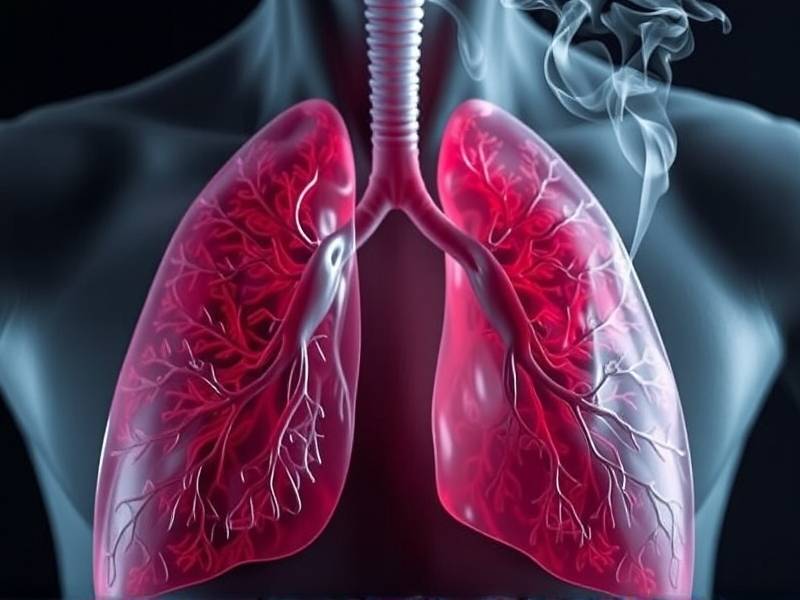Can Quitting Smoking Really Reverse Lung Damage?
Can Quitting Smoking Really Reverse Lung Damage?
Introduction: Smoking has been a widely recognized health hazard, and its detrimental effects on the human body are well-documented. One of the most affected organs is the lungs, which can suffer significant damage over time. But what about reversing that damage? Can quitting smoking really make a difference? Let's delve into this intriguing topic.
Section 1: Understanding Lung Damage Lung damage caused by smoking is primarily due to the harmful chemicals present in tobacco smoke. These chemicals can inflame and irritate lung tissues, leading to various respiratory conditions such as chronic bronchitis, emphysema, and even lung cancer. It's crucial to understand that the extent of lung damage depends on several factors, including the duration and intensity of smoking.

Section 2: The Healing Process When you quit smoking, your body begins an incredible healing process. Within just 20 minutes of quitting, your heart rate and blood pressure start to drop. After 12 hours, carbon monoxide levels in your blood return to normal, and after 48 hours, your nerve endings start regenerating. Over time, these changes can lead to significant improvements in lung function.
Section 3: The Role of Quitting Smoking Quitting smoking is a vital step towards reversing lung damage. By ceasing this harmful habit, you give your lungs a chance to repair themselves. Studies have shown that former smokers have a lower risk of developing respiratory diseases compared to current smokers. Moreover, quitting smoking can slow down or even reverse some of the changes that occur in the lungs due to long-term exposure to tobacco smoke.
Section 4: The Importance of Regular Check-ups It's essential for former smokers to undergo regular check-ups with their healthcare providers. This allows for early detection and treatment of any potential respiratory issues that may arise after quitting smoking. Your doctor can provide guidance on lifestyle changes and recommend additional treatments if needed.

Conclusion: While it's true that quitting smoking cannot completely reverse all lung damage caused by long-term smoking, it is a crucial step towards improving lung health and reducing the risk of developing further respiratory problems. By taking this positive action, you're giving yourself a chance at a healthier life. So why not take that first step today?
